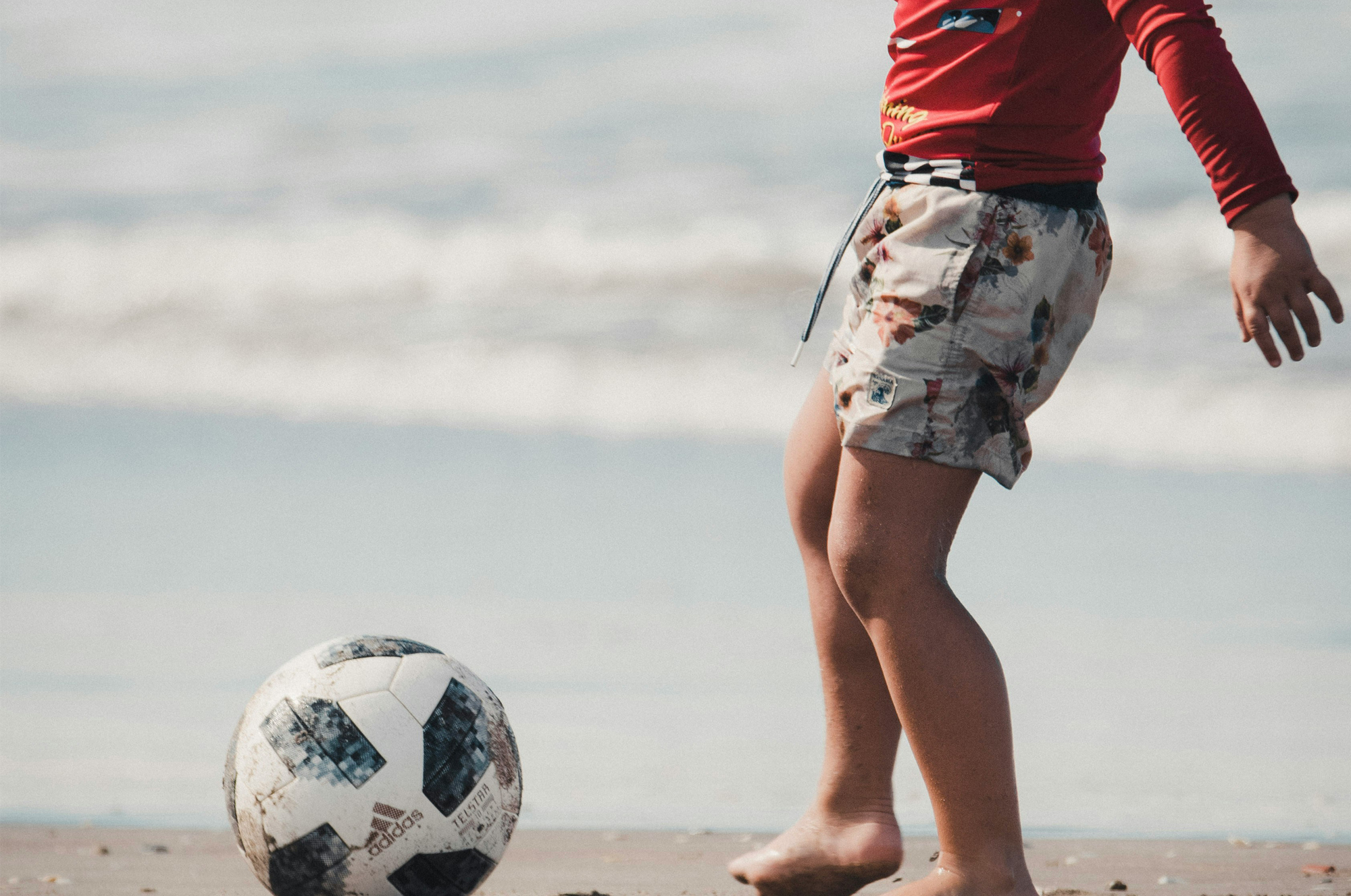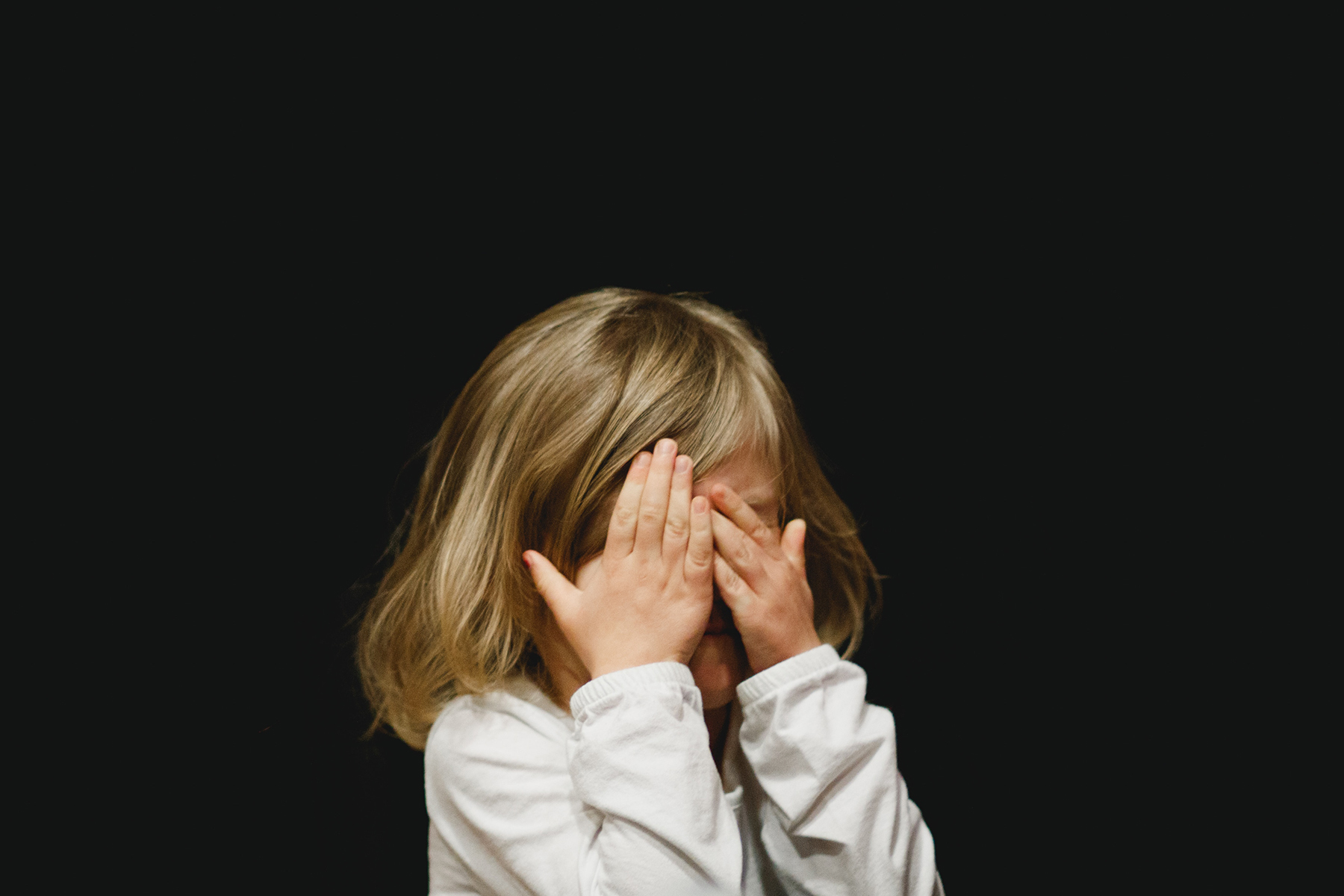
GROSS MOTOR SKILLS
Whilst we continue to navigate the current disruptions and changes to our everyday life, I thought I would focus on a term we regularly see in our referrals from parents, caregivers and teachers. Gross motor skills. The development of these skills allows a child to participate in everyday activities such as self-care, school work and socialisation.
What are Gross Motor Skills?
By definition, Gross Motor Skills are the physical abilities acquired during early childhood, those which require whole body movement such as standing up, walking or running.
Gross Motor Skills develop through the use of large muscles in the body in a controlled and organised manner including the torso, arms and legs to complete whole body movements. It involves both the coordination of muscles and the neurological system in the body. The development of these skills impact upon balance, coordination, body awareness, physical strength, endurance and reaction time. They are developed through experience, practice and repetition during everyday life and impact upon confidence and the execution of further skills such as; walking, running, skipping, sitting, jumping, hopping, hand-eye coordination (catching a ball), dressing, bathing, feeding oneself and even academic skills such as the ability to sit at a desk, manage a full day of school or carry a heavy school bag.
Children need to be exposed to a range of diverse opportunities in order to move freely and practice their Gross Motor Skills, with each skill building on the one before and preparing your child for the next challenge. They are a vital part of childhood development for movement during daily activities and also provide a stable base for the development of fine motor activities, such as writing. As a child continues to develop their Gross Motor Skills and overall body awareness, their self-esteem and confidence grows, allowing them to explore the world around them, interact socially and develop relationships.
The development of Gross Motor Skills:
It’s important to remember that each child develops at their own pace, however the development of Gross Motor Skills usually occurs in stages with each skill building upon the next. Categorically by age, your child should be:
- At 3 to 4 months an infant can raise their head and chest when lying on their belly.
- At 6 months an infant can roll over, both ways (from the stomach to back and back to stomach).
- At 8 to 9 months an infant can sit without support and may start to crawl.
- At 12 to 18 months a child can walk on their own. They’re a toddler now!
- At 2 years of age a child learns to run, jump and throw a ball.
- At 3 years of age a child can walk on their tiptoes, climb, attempt to balance on one foot, gallop, jump, kick a ball and try to skip.
- Between 3 and 4 years of age a child can pedal a tricycle.
- By 5 years of age, a child can leap, hop, skip and run. Proceeding this age we continue to grow and develop our motor movements which aid in the development of Fine Motor skills.
There are three types of Gross Motor Skills:
- Locomotor skills: those used to move your body from place to place such as running or walking.
- Manipulative skills: those that involve moving an object such as a bat, ball or skipping rope.
- Stability skills: those that are related to balance and body weight transfer, including standing on one leg or manoeuvring around an obstacle.
How to encourage Gross Motor Skill development:
Infant development: Infants have very little control over their bodies, so they rely on their parents for support to move safely and comfortably in the world. Whilst a baby’s head needs support in the first few months of life, as they continue to grow they will slowly begin to strengthen the muscles in their neck. To support this strengthening and confidence in movement, hold your child to your chest so they can begin to peer over your shoulder.
Furthermore, you can encourage your child to learn how to move their body through tummy time. Through this activity, you are allowing them to build strength and become mobile. To do so, put them down on a comfortable mat or blanket on the floor on their stomach, and walk around the room to motivate your little one to lift their head and continue to develop their neck muscles to see you.
As OTs, part of our method to support engagement within a session is to play on the child’s motivations and interests. As your child continues to grow, I encourage you to do the same. Place toys nearby so that they can move and reach for them. Play games and songs with movements that they can imitate to develop an understanding of their body. Play parades or follow the leader to explore their surrounding environments. Throw or roll a soft ball back and forth. The ideas are endless and unique to each child.
Toddlers and young children: Skills develop through practice and repetition. Children are more likely to repeat activities that are fun, supportive, encouraging and promote success. Always encourage trial and error, rather than the attainment of perfection. Break harder asks down into smaller steps and allow plenty of rest breaks when needed. Remember that children develop at different rates, gently encourage but don’t push your child to do things if they are not yet ready.
How OT’s support the development of Gross Motor Skills?
I love how fun my job is as an OT. We use a variety of games, equipment and toys to support the development of these necessary foundational skills. There are done through a variety of activities such as:
- Visiting environments where children feel safe (at home or school) and exploring movement-based tasks that can be transferred to everyday skills.
- Providing education to parents, carers and teachers to assist the collective understanding of supporting the child to best achieve their goals.
- Individually supporting sensory processing capacities to allow the child to work through challenging activities. This supports regulation and attention, as well as ensuring the body is receiving and interpreting the correct messages from the muscles in terms of their position, their relationship to each other, the speed at which they move and how much force they are using.
- The strengthening of core muscles in order to move the body confidently, as well as expanding upon balance, coordination, crossing midline activities, body awareness and motor planning.
- The breaking down of tasks or skills to become simplified components, gradually expanding the skill in its entirety to support participation and success.
- Exploring varying duration and intensity of activities to support endurance.
Building Gross Motor Skills at home:
In light of the current situation we are all living in, our families are asking for a greater array of ideas and experiences to continue to build upon these Gross Motor Skills. Here are some that you can do at home:
- Skipping rope
- An obstacle course in the home or backyard to explore different surfaces and a variety of different movements including running, hopping, jumping, crawling etc.
- Bouncing, rolling, throwing, kicking or batting a ball
- Balancing on uneven surfaces like different sized pillows or an air mattress
- Keeping a balloon up in the air by hitting with their hands or head
- Water play! Splashing about in water strengthens leg muscles
- Dancing, walking or skipping to music, improving coordination and balance
- Bike riding
- Using body weight to gain momentum on a swing
- Hopscotch
- ‘Simon Says’, which can assist in following visual cues, body awareness and motor planning
- Bouncing on a trampoline
- Chasing bubbles can provide lots of fun while using arms, legs and eyes together
- Hula-hoops, which encourage children to activate their core muscles, ensuring further development.
That’s all for now! If you’d like some help or have a question, please don’t hesitate to reach out to our team at Explore and Soar! We are always happy to help and find the right solutions for you and your child!
Madeleine Simms
ORIGINALLY PUBLISHED JUNE 3, 2020
Latest Posts
- Thriving Together: Building Your Parenting Community and Networks

- Welcome to 2025: A Year of Community and Wellbeing!

- Embracing Transitions and Growth: A Year of Learning and Achievement

- The Power of Play: Supporting Transitions in Your Child’s Development

- OT Week: Celebrating 80 Years of Connection – 21st to 27th October (Week 3, Term 4)


